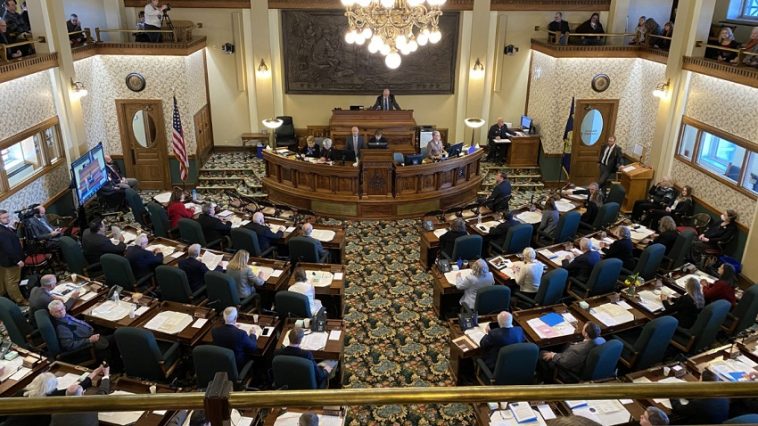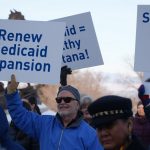Missoula, MT – The Montana legislative session, which convenes once every two years, is a crucial period for local governments, as state-level decisions can have direct implications on city policies and the lives of residents. This year, the City of Missoula has identified several key issues to monitor closely as the 2025 session progresses.
According to Missoula Mayor Andrea Davis, the city is concentrating its efforts on three primary areas: property taxes, behavioral health funding, and legislation regarding growth management. These topics are central to maintaining the city’s economic stability and supporting its most vulnerable populations.
Property Taxes and Tax Increment Financing
One of the most pressing concerns for the City of Missoula is property tax reform. With the rising cost of living affecting residents, Davis explained that both the city and its residents are feeling the impact of economic challenges. “We’re very concerned about the growing cost of living for our residents and our constituents here in Missoula,” she said.
A major part of the discussion surrounding property taxes is tax increment financing (TIF), a tool that allows local governments to revitalize blighted areas by capturing future property tax increases generated by improvements within designated districts. TIF revenues are used to fund infrastructure projects, which are vital for managing Missoula’s ongoing growth. Davis emphasized the importance of this tool in funding much-needed improvements and strengthening the city’s tax base. “When we can concentrate dollars on much-needed infrastructure improvements, we can really make a difference,” she added.
Behavioral Health and Medicaid Expansion
Missoula officials are also deeply concerned about the state of behavioral health services in the city. This issue, which affects communities across the state and nation, has become even more urgent in Missoula since 2017 when the state of Montana sharply reduced funding for case management services.
“The effects have been compounding since that time,” Davis said. Behavioral health issues are closely tied to other challenges, including homelessness, and the need for comprehensive mental health services is critical. To address this, Missoula is advocating for increased state funding for behavioral health programs, with a particular focus on Medicaid expansion. The expansion of Medicaid is seen as essential for ensuring that low-income residents, including those facing homelessness, maintain access to necessary healthcare services.
Defending Local Authority
In addition to the policy priorities around property taxes and behavioral health, the City of Missoula is also looking to protect its local governance authority. City officials are concerned about potential state-level legislation that could limit their ability to make decisions independently and respond to the unique needs of their community.
“We’re always looking out for what do we need to be supportive of, what do we need to defend?” Davis explained. Local government autonomy remains a priority as Missoula navigates both the legislative session and the challenges of managing a growing city.
As the 2025 Montana legislative session unfolds, Missoula will continue to monitor developments closely and advocate for policies that will support its residents, improve infrastructure, and ensure access to essential services. With just 90 days to make their case, city officials are determined to engage with lawmakers and push for meaningful change that will benefit the community in the long term.



